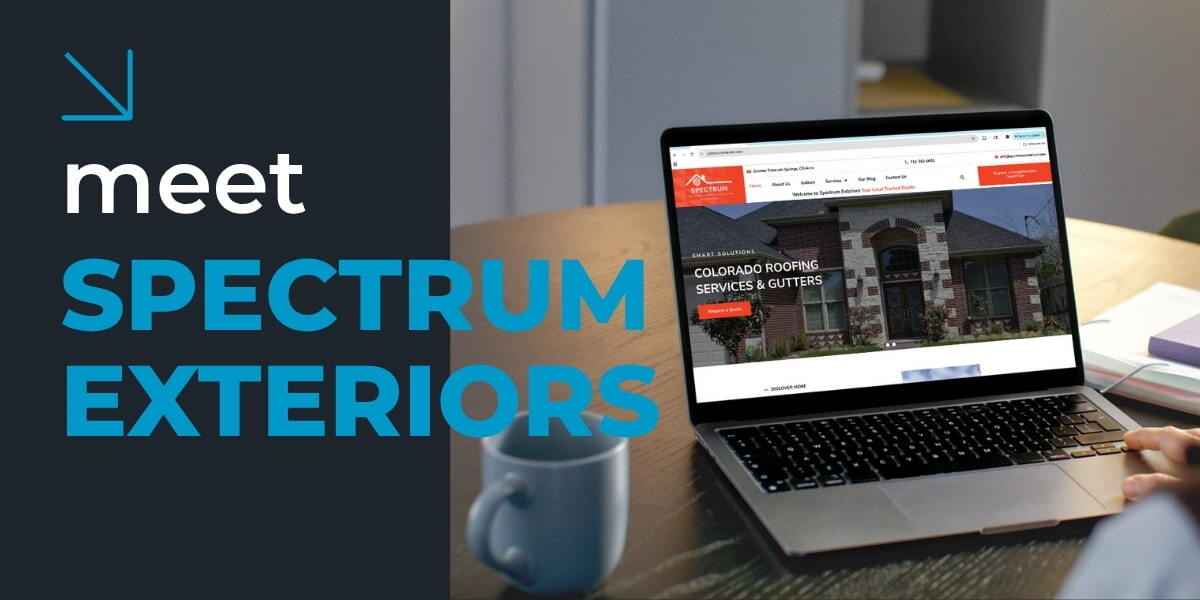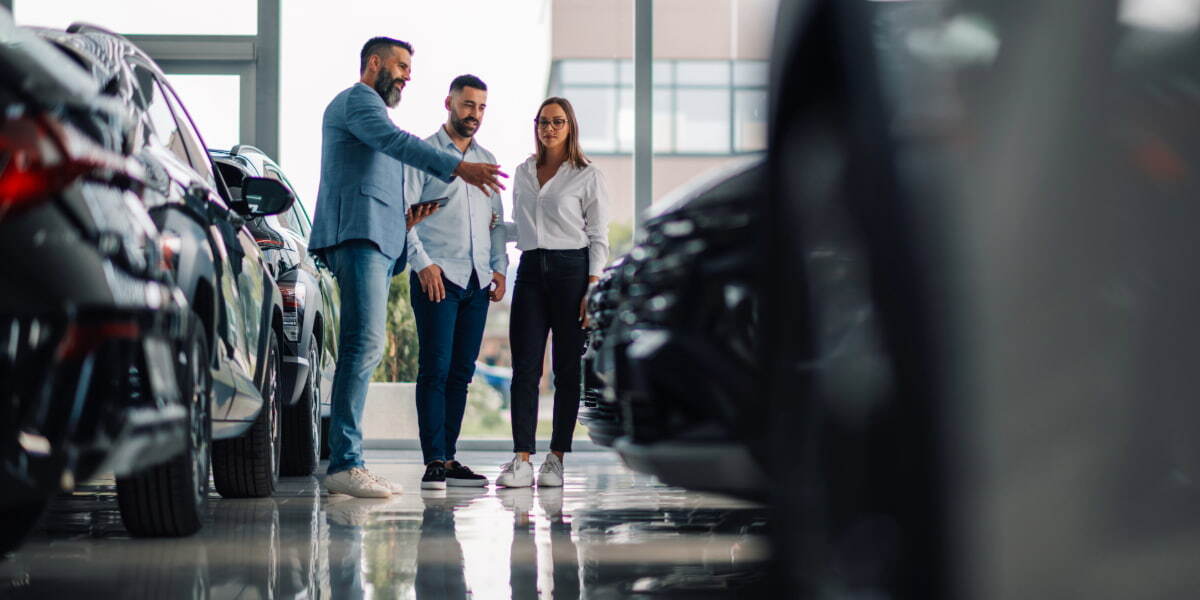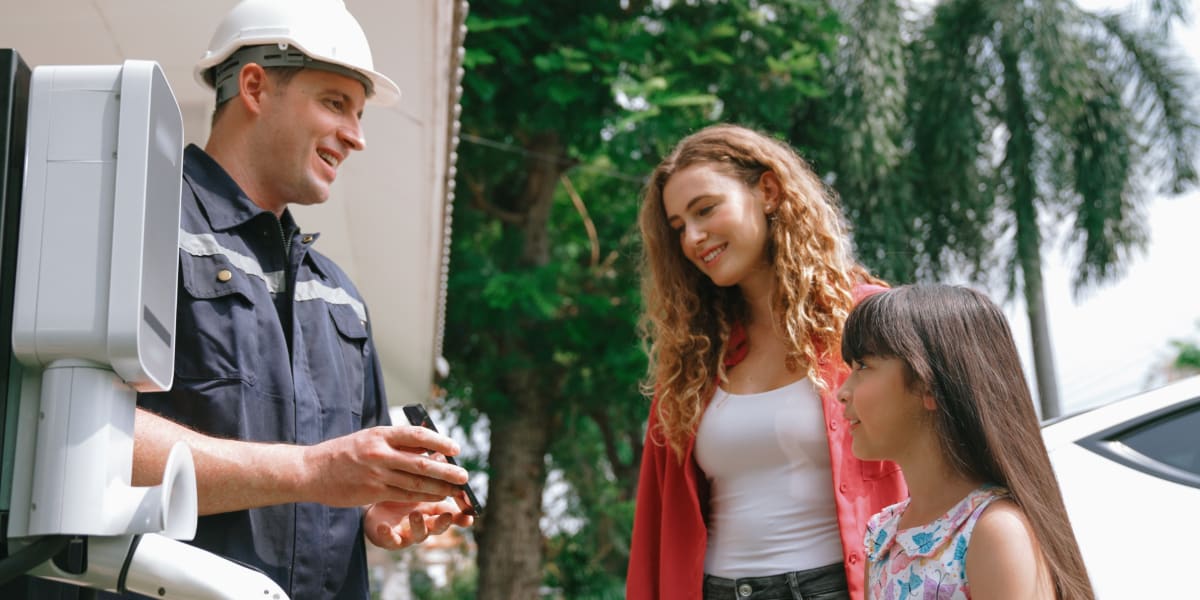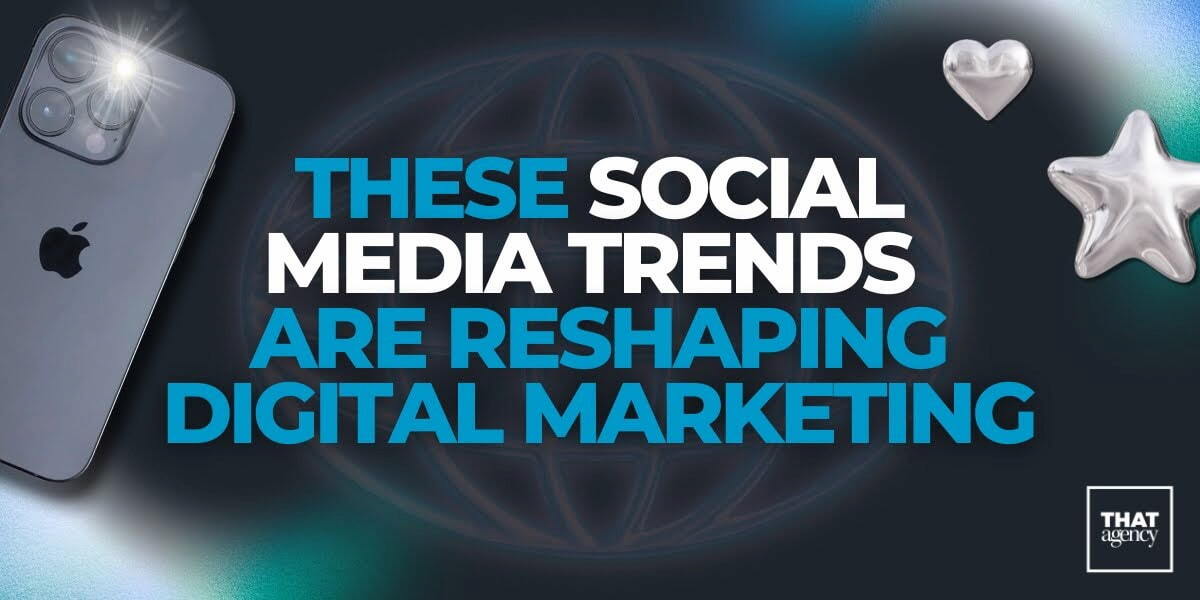Is it worth your time and money to focus on a Facebook campaign for your business? Ad click-through-rates are typically low, and while the social networking site is invaluable for connecting with target audiences, it doesn’t always translate into sales. But don’t cross Facebook off your list quite yet; it has tremendous reach and wants to become a more integral component in online sales.
A year ago, Facebook debuted its “Like” button, and it quickly became a ubiquitous part of our web experience. You can “like” anything from a news article to an ad for shoes. Today, over 25 million websites feature this one-click option for readers to share what they like, and it is becoming a bigger force in the ecommerce world. How and why?
An example is the partnership that Facebook has with Ticketmaster. The Ticketmaster website has a Facebook app that allows you to see if your friends have already bought tickets to shows you are interested in attending. This may spur people into purchasing. Likewise, a partnership with Levi.com means that a “Like” button appears next to every item of clothing, so you can see which of your friends like which articles. This can be helpful for the style-challenged but also when it comes to gift giving.
Facebook’s vice president of partnerships and platform marketing, Dan Rose, says that “your mode of discovery online is starting to look more like your mode of discovery offline.” That is, you get friends’ inputs before making a big purchase. You gather their opinions, experiences, and reviews. Facebook is a way to facilitate this interaction all over the world. Does all of this work out to profit for business? According to Facebook and Ticketmaster, when ticket buyers post an event that they are attending on News Feed, it generates $5.30 of direct ticket sales.
But is this the exception rather than the rule? It is, according to skeptics. Less than a third of businesses say social marketing helps their business, and 60 percent say their returns are unclear. The biggest problem, according to Forrester analyst Sucharita Mulpuru, is that the premise itself is flawed. “People think that shopping is social, because teenagers go to the mall in groups. But most shopping is not social. People don’t go to Walmart in groups. They don’t go to the grocery store in groups.”
Ticket sales for concerts and sporting events benefit because these activities tend to be very social in nature.
But, for many businesses, like American Eagle, Facebook traffic is often more valuable than search engine traffic. A recent survey found that people who clicked through to American Eagle from Facebook spent 57 percent more than those who arrived via Google or another search engine.
If you remain skeptical about the actual translation into profit, do know that Facebook is a valuable way to build your company and personal brand while engaging with the community, and that indirectly can help generate sales.




